How to Structure Your Day to Have a Cheat Meal
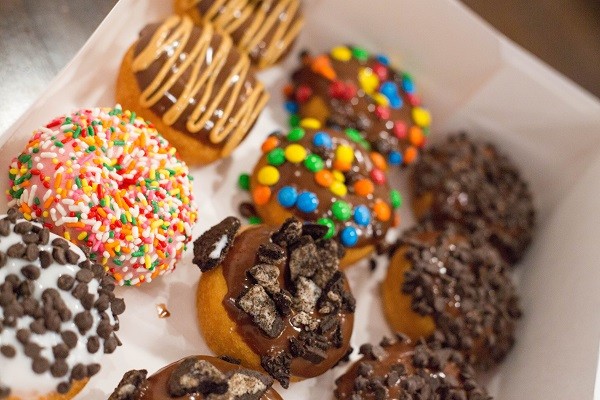
Cheats meal can ruin your weight loss progress
In this earlier Bulk Nutrients article: How weight loss can be destroyed by cheat meals we examined from a mathematical perspective how people hinder their fat loss progress by having cheat meals. For context, and to recap briefly, this is what happens:
Bulk Nutrients customer "Thomas" eats in a calorie deficit for fat loss, which is 1800 calories. So, his ideal week would look like this:
- Monday = 1800 calories (500 calorie deficit)
- Tuesday = 1800 calories (500 calorie deficit)
- Wednesday = 1800 calories (500 calorie deficit)
- Thursday = 1800 calories (500 calorie deficit)
- Friday = 1800 calories (500 calorie deficit)
- Saturday = 1800 calories (500 calorie deficit)
- Sunday = 1800 calories (500 calorie deficit)
- Total deficit = 3500 calories.
But where Thomas hypothetically goes wrong is on Saturday, where he might consume his deficit calorie goal (1800 calories) by lunchtime.
Now, Thomas burns 2200 calories in a day (his maintenance calories), so every calorie consumed after the 2200th calorie eats into his accumulated deficit for the week.
In short, if he eats over 2200 calories, he's going backwards.
And the key point here is: It's not uncommon to see people consume 3000-4000 calorie cheat meals. Research is clear, people really know how to destroy their dietary progress on weekends!
So, if Thomas has a 3000-calorie cheat meal, then we're looking at 1800 calories by lunchtime + 3000 calories for his cheat meal, which brings Thomas to 4800 calories for the day...
...meaning Thomas's calorie surplus for the day is 2600 calories.
And that's equivalent to 5 days of weight loss dieting!
So, Thomas starts the week again back to square one more or less, spinning his fat loss wheels!
How to set up a cheat meal properly
So how do we get around this? Well, the obvious answer is to consume fewer calories before the cheat meal (or after, depending on whenever you have it). And it's HOW we do it that's important.
Again, we call upon the help of one of the biggest fat loss allies there is protein.
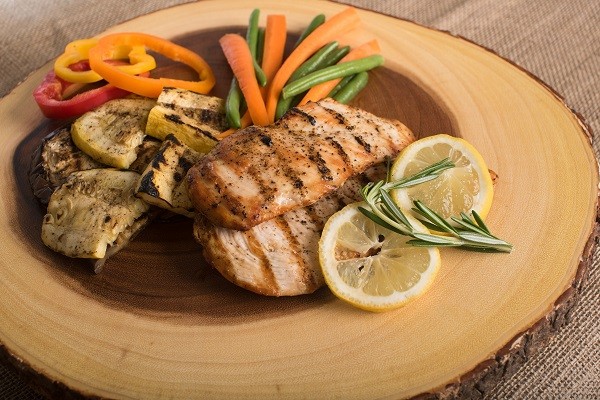
For breakfast and lunch, we recommend lean protein sources and greens for fibre in order to preserve calories. Here's a sample example:
Breakfast: A whey protein shake (or a vegan protein powder if you’re vegan), followed by tea or coffee. Keep milk to a minimum, go skim if you can!
Lunch: Salad with a lean protein source (we'll outline these lean sources in just a moment!)

Protein is our go-to because of these five reasons:
- It keeps us full better than carbs and fat, so we're less likely to overeat.
- It's low in calories (just 4 calories per gram!)
- Our bodies burn about 30% of all calories from protein just trying to digest it!
- It gives us great dietary satisfaction and helps maintain dietary progress
- When weight loss subjects are overfed by 800 calories from protein, they still lose weight! This is due to thermogenesis; the heat generated by the body to digest it which burns so many calories (related to point 3)
So, with protein being so important, it's critical too that for the sake of keeping calories low, it's a lean protein source.
What are the best sources of lean protein?
We're talking about:
- Chicken breast
- Turkey
- Egg whites
- Kangaroo
- Ground beef
- Whitefish (barramundi is a great example)
- Pork tenderloin
- Eye round steak
- Sirloin steak
- Whey protein powder
These protein sources have minimal fat and carbohydrates (thus minimal calories).
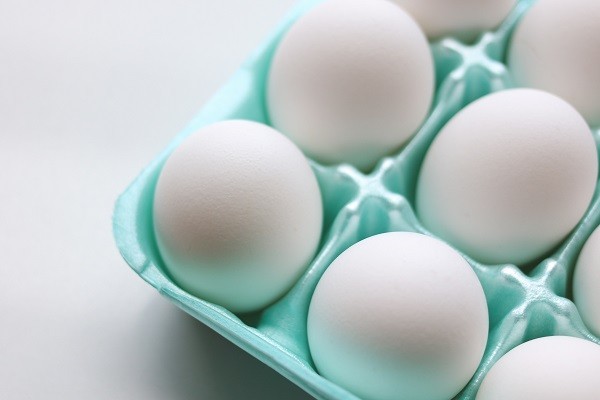
So, if Thomas consumed that aforementioned breakfast and lunch, he would have eaten around 15 grams of carbohydrates, 10 grams of fat, and 50 grams of protein. Let's take a look at that in terms of calories:
- 15 grams of carbs = 60 calories
- 10 grams of fat = 90 calories
- 50 grams of protein = 200 calories
- TOTAL = 350 calories
So, if Thomas has his cheat meal dinner after having consumed just 350 calories for the day, he's looking at being able to consume 1850 calories (2200 calories - 350 calories), before he enters a calorie surplus.
And even if he eats the same huge 3000 calorie amount, he's putting himself back ~2 days and not 5 days with this surplus.
Now we advise Thomas to eat 1850 calories only for his cheat meal, but the point is, with this strategy, the damage is lessened by over 50%!
For context, a hamburger and fries will give Thomas about 900 calories. This gives Thomas 950 calories for dessert, which should be enough!
So, that's how to structure your cheat meals properly! It's all about fewer calories on the day you're having one and making sure they're from greens and lean protein sources.
There are no magical meals where calories don't count, and your body doesn't care how much you've suffered throughout the week, if you go into a high-calorie surplus, you'll be punished! But with this strategy, you'll be preventing negative effects will be keeping your fat loss goals on track.
References:
- Leaf A, Antonio J. The Effects of Overfeeding on Body Composition: The Role of Macronutrient Composition - A Narrative Review. Int J Exerc Sci. 2017;10(8):1275-1296. Published 2017 Dec 1.
- Osilla EV, Safadi AO, Sharma S. Calories. [Updated 2021 Aug 1]. In: StatPearls [Internet]. Treasure Island (FL): StatPearls Publishing; 2021 Jan-. Available from: https://www.ncbi.nlm.nih.gov/books/NBK499909/
- Paddon-Jones D, Westman E, Mattes RD, Wolfe RR, Astrup A, Westerterp-Plantenga M. Protein, weight management, and satiety. Am J Clin Nutr. 2008 May;87(5):1558S-1561S. doi: 10.1093/ajcn/87.5.1558S. PMID: 18469287.
- Pesta DH, Samuel VT. A high-protein diet for reducing body fat: mechanisms and possible caveats. Nutr Metab (Lond). 2014;11(1):53. Published 2014 Nov 19. doi:10.1186/1743-7075-11-53
- Racette SB, Weiss EP, Schechtman KB, et al. Influence of weekend lifestyle patterns on body weight. Obesity (Silver Spring). 2008;16(8):1826-1830. doi:10.1038/oby.2008.320
- Westerterp-Plantenga MS, Lemmens SG, Westerterp KR. Dietary protein - its role in satiety, energetics, weight loss and health. Br J Nutr. 2012 Aug;108 Suppl 2:S105-12. doi: 10.1017/S0007114512002589. PMID: 23107521.
Related Blogs

How Much Fat Can We Gain After a Massive Cheat Day?
Posted by Bulk Nutrients
Estimated reading time: 5 minutes
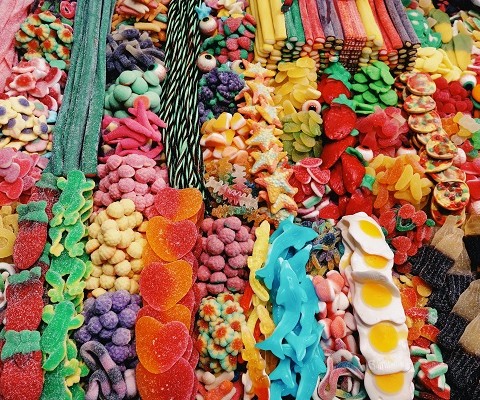
How Weight Loss Can Be Destroyed by Cheat Meals
Posted by Bulk Nutrients
Estimated reading time: 6 minutes
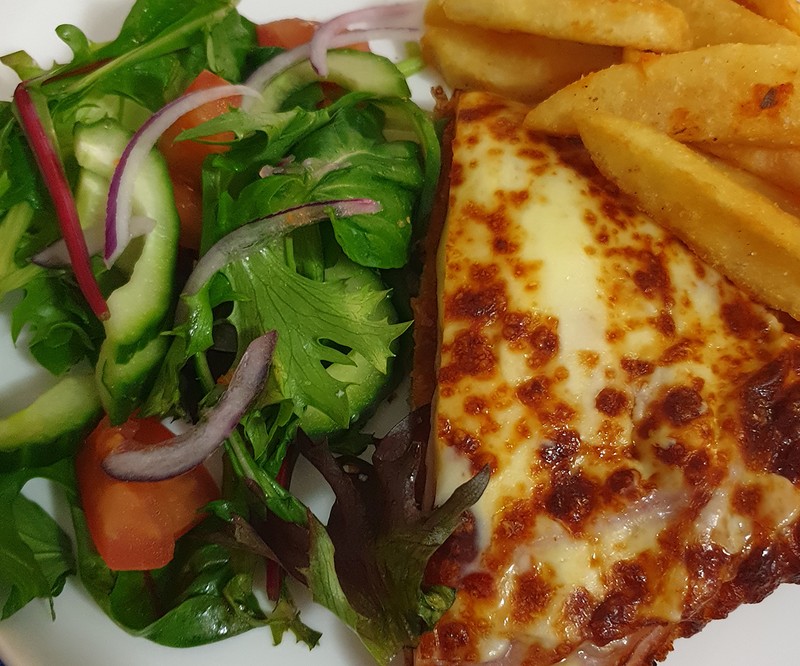
Your 7-Day Eating Strategy Including Cheat Meals
Posted by Bulk Nutrients
Estimated reading time: 6 minutes














































